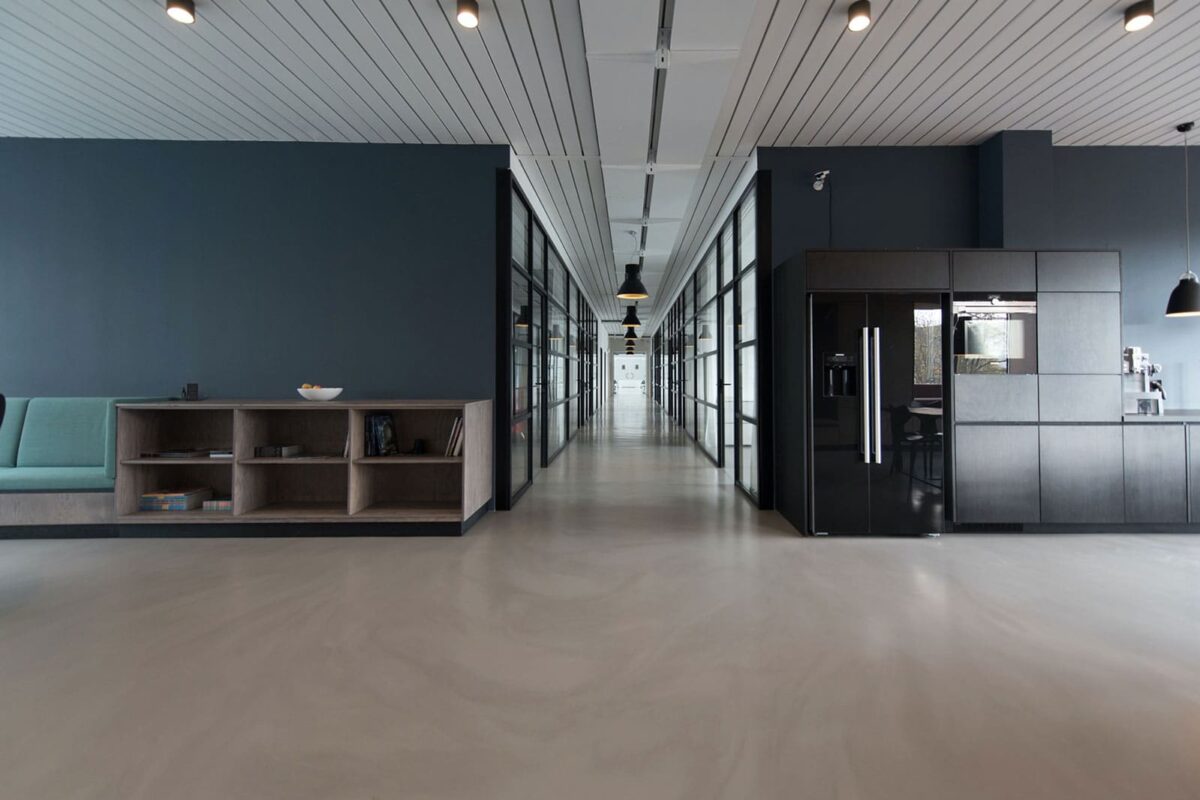The main purpose of air conditioning is to keep people comfortable and maintain good air quality while buildings are occupied.
However, if a building is to be unoccupied for long periods, there are good reasons to regularly run certain aspects of the air conditioning systems. These are summarised below.
These operating parameters will need to be programmed into the system by the building’s mechanical services maintenance contractor, or the control services maintenance contractor. If the building has a Building Management System, it will very likely be able to be done remotely.
This document sets out recommendations that apply to short term unoccupied periods of less than 3 months.
Ventilation Systems
To maintain reasonable indoor air quality and prevent mustiness, dampness, build-up of volatile organic compounds or other odours from accumulating, we recommend general ventilation systems are operated for at least two hours per day.
This applies to:
- Outdoor Air Systems
- Toilet Exhaust Systems
- General Exhaust Systems
Heating and Cooling Systems
All heating, ventilation and air conditioning systems comprise many mechanical components which, if not regularly exercised, are subject to elevated risk of mechanical failure. This includes electric motors, pumps, fans, compressors, control valves and damper actuators which can seize through non-use. Refrigeration systems such as chillers are exposed to the added risk of oil migration which can lead to premature wear or failure. To minimise these and other risks, we recommend general heating and cooling systems are operated for a minimum of one hour per week.
This applies to all air conditioning systems, which include:
- Chilled water systems, including circulation pumps
- Cooling towers, including circulation pumps to enable chillers to operate (see also note below)
- Split air conditioning systems
- VRF systems
- Boiler and hot water heat pump systems, including circulation pumps
- Fan coil units
- Air handling units
Cooling towers require regular dosing to maintain the correct chemical balance in the condenser water system, for corrosion control, and to treat the water for bacteria and legionella control. It is essential that condenser water systems and cooling towers are operated for at least 2 hours per day, twice per day, ensuring that the dosing system operates during those periods, and only during those periods.
Health and Safety Systems
Some ventilation and air conditioning systems have duties other than providing personal comfort. Such systems must remain operational even when the building is unoccupied, and they include:
- Server room cooling systems
- Carpark ventilation systems
- Rubbish area ventilation systems
- Plant room, sprinkler pump room & electrical room ventilation systems
- Sewage ejector ventilation systems
- Lift motor room ventilation systems
- Transformer room ventilation
- Chemical store ventilation, including those in salons, cleaning stores and medical or process
- stores
Life Safety Systems
Of course, ventilation systems that are required for life safety must continue to operate, including:
- Smoke ventilation systems
- Stairwell and lift shaft pressurisation systems
- Systems that are required to operate under fire mode (these may include carpark exhaust
- systems, and central air handling systems in some commercial buildings)
General comments
Be aware of any essential service tenancies within the building which are required to remain operational during normal business hours. Businesses such as urgent pharmacies, medical centres, essential financial services, social & transport services.
Hopefully these tenancies will have dedicated HVAC plant that can be set to run to match the operating hours of the business. If not, then central plant may need to be configured to suit these tenancies without conditioning the remainder of the building.
